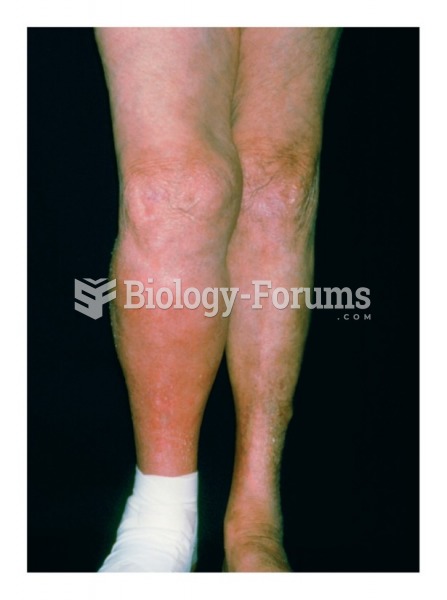Definition for Hepatic portal vein
From Biology Forums Dictionary
The hepatic portal vein is a blood vessel which conducts blood from the gastrointestinal tract and spleen to the liver. This blood is rich in nutrients that were extracted from food, and the liver processes these nutrients; it also filters toxins that may have been ingested with the food. The liver receives about 75% of its blood through the hepatic portal vein, with the remainder coming from the hepatic artery proper. The blood leaves the liver to the heart in the hepatic veins.
The hepatic portal vein is not a true vein, because it conducts blood to capillary beds in the liver and not directly to the heart. It is a major component of the hepatic portal system, one of only two portal venous systems in the body. The other is the hypophyseal portal system.
The hepatic portal vein is usually formed by the confluence of the superior mesenteric and splenic veins and also receives blood from the inferior mesenteric, gastric, and cystic veins.
Conditions involving the hepatic portal vein cause considerable illness and death. An important example of such a condition is elevated blood pressure in the hepatic portal vein. This condition, called portal hypertension, is a major complication of cirrhosis.



